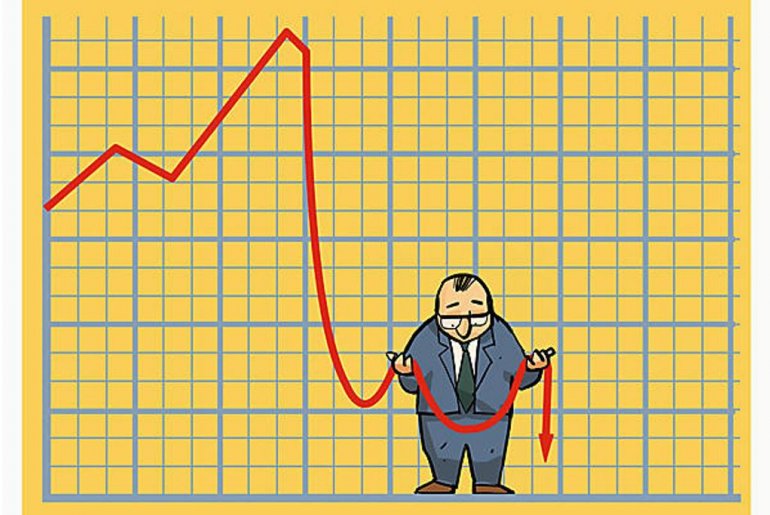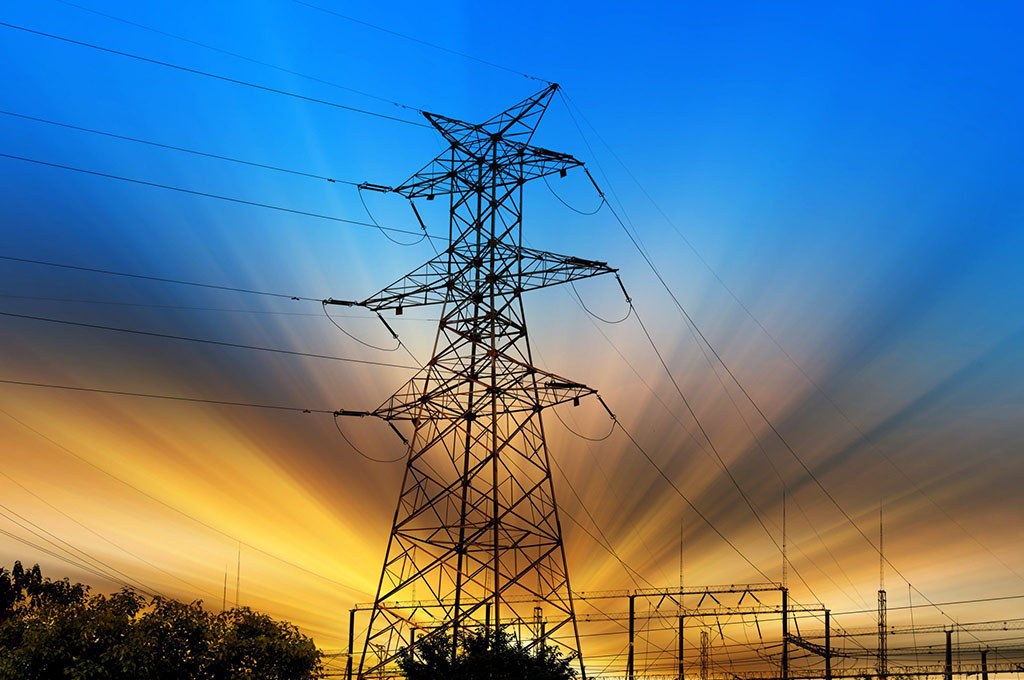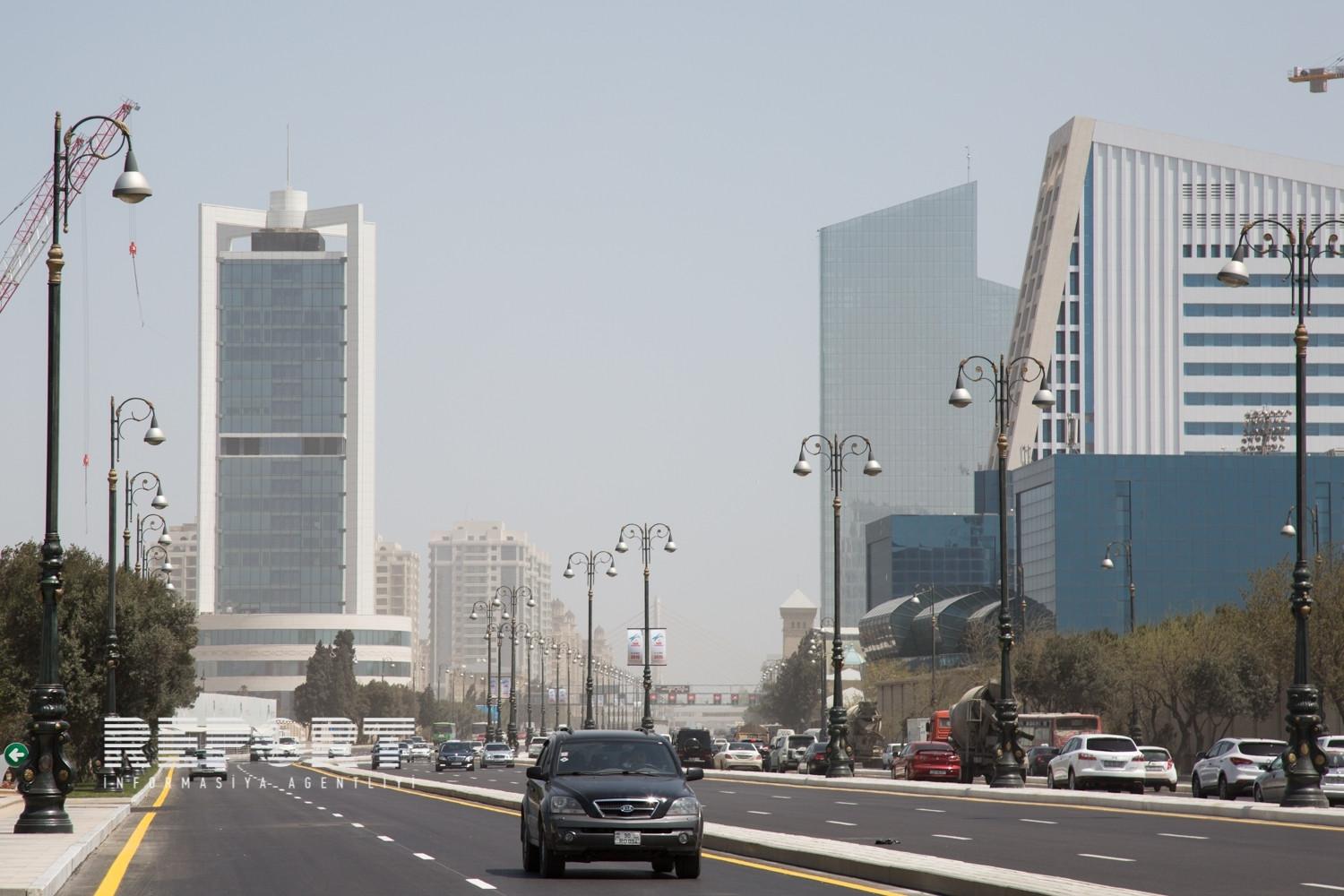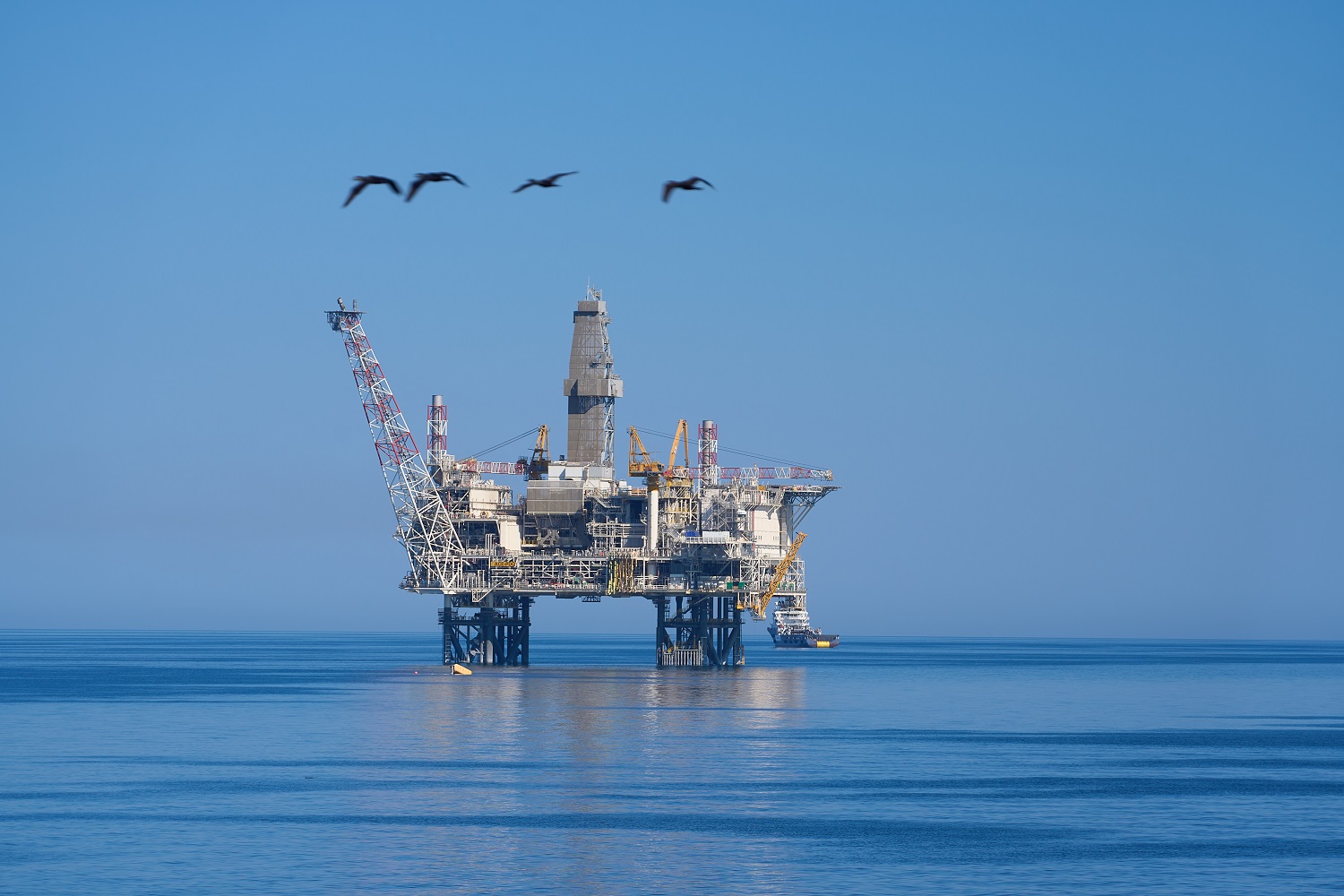In November 2005, a pipeline called Blue Stream was inaugurated to bring Russian gas across the Black Sea to Turkey. It was, said President Vladimir Putin, who attended the ribbon-cutting ceremony, “just the start”.
Mr Putin envisaged another Black Sea pipeline from Russia: a longer and more ambitious one, making landfall in Bulgaria and providing a handy southern conduit for Russian gas to the Balkans and eastern Europe – bypassing troublesome Ukraine. South Stream was born.
With Kremlin backing, this €15bn project always looked like a dead cert. But its future is looking increasingly murky. South Stream has become one of the biggest casualties of the east-west stand-off over Ukraine. There is now potential for huge delays. Sceptics wonder whether it will happen at all.
In many ways, the project has become a symbol of the hardening of attitudes between Moscow and Brussels since the start of the Ukraine crisis. A cautious but heartfelt rapprochement has been replaced by tit-for-tat sanctions, asset freezes and visa bans. Russian-European co-operation on energy is now a pipe dream.
For critics of the Kremlin, there’s a delicious irony in this tale. Moscow has long been accused by the west of using its energy exports as a political weapon. With one of its pet projects now ensnared in EU bureaucracy, it’s finally getting a taste of its own medicine.
South Stream once seemed to have impeccable logic. After pricing disputes with Kiev in 2006 and 2009 led to cuts in supply to its European customers, Gazprom had been desperate to reduce its dependence on the Ukrainian gas transit system. South Stream bypassed Ukraine entirely. But even before Russia annexed Crimea in March, many in Brussels were beginning to worry that it would cement Gazprom’s domination of the European gas market. Others feared it would leave Ukraine dangerously exposed: once South Stream was built, Gazprom could switch off supplies to its western neighbour without inconveniencing its other European customers.
Those Brussels worries have now hardened into outright opposition. The European Commission is insisting that other gas suppliers be given access to South Stream. It says the idea of Gazprom both providing the gas and owning the pipeline through which it flows contravenes the EU’s “third energy package” – and, these days, Brussels is in no mood to grant Gazprom an exemption.
Attempts to reach a solution have failed. The commission recently suspended talks aimed at bringing South Stream into line with EU laws. It has forced Bulgaria to freeze construction work on its section of the pipeline and is also investigating whether Sofia breached EU competition rules in the way it awarded South Stream-related contracts. One beneficiary, Stroytransgaz, had to pull out after its owner Gennady Timchenko was hit by western sanctions.
Gazprom insists the project remains on track. It has used its commercial muscle to exploit divisions between regulators and energy groups eager to maintain close ties with Russia – signing deals with Allseas Group and Saipem to build the offshore parts of the pipeline, and with Austria’s OMV to build a spur from the Hungarian border to a gas hub near Vienna.
But delays seem inevitable. Brussels-watchers say negotiations over a third-party waiver – allowing Gazprom to operate the pipeline exclusively – could take years, despite heavy lobbying by companies with stakes in the project, such as Eni. And Gazprom is already being investigated by the commission over alleged anti-competitive practices.
Meanwhile, there are big doubts about South Stream’s commercial logic. The project was always driven more by politics than business and, with gas demand still slack in Europe – partly due to the huge surge in renewables and cheap coal from the US – Gazprom may not even need the pipeline. Ilya Zaslavskiy, of think-tank Chatham House, says the company already has 100bn cubic metres per annum of spare export capacity, which could rise to at least 160bcma if South Stream is built. It would, he says, be a “commercial disaster for the Russian budget”.
If Brussels blocks the pipeline, it may therefore do Gazprom a favour. The company would be forced to behave in a more commercial way, ditching its plans for an expensive boondoggle where an alternative – the Ukrainian gas transit system – exists, and diverting the funds to more pressing projects such as domestic infrastructure and an export pipeline to China. It may not be such a bad thing for Russia if Mr Putin’s pet pipeline never happens at all.- reported http://www.ft.com.
By Guy Chazan












